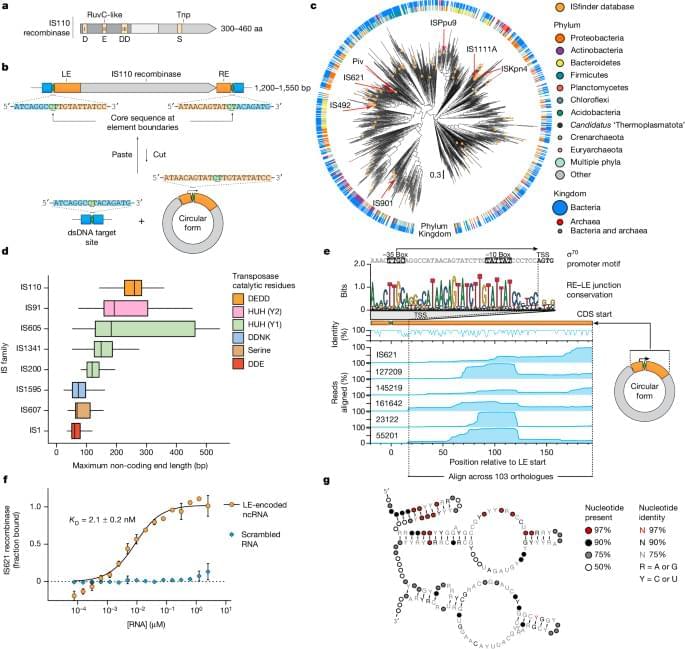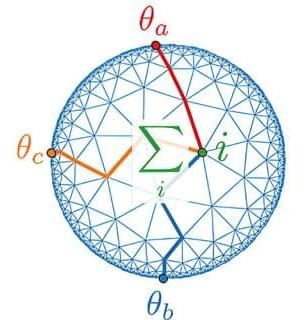Physicists from the National University of Singapore (NUS) have achieved controlled conformational arrangements in nanostructures using a flexible precursor and selenium doping, enhancing material properties and structural homogeneity. Their method advances on-surface synthesis for the design and development of engineered nanomaterials.
On-surface synthesis has been extensively investigated over the past decades for its ability to create diverse nanostructures. Various complex nanostructures have been achieved through the smart design of precursors, choice of substrates and precise control of experimental parameters such as molecular concentration, electrical stimulation and thermal treatment.
Among these methods, the Ullmann coupling is notable for efficiently linking precursors through dehalogenation and covalent bonding. While most research has focused on conformationally rigid precursors, exploring conformationally flexible precursors offers significant potential for developing complex functional nanomaterials with engineered structures and properties.









